Key Takeaways:
- The trend toward nearshoring is expected to create more manufacturing jobs as companies bring production closer to home.
- IIoT and automation technologies will play a crucial role in helping manufacturers meet increased demand and maintain efficiency.
- Nearshoring offers opportunities for innovation and growth while addressing supply chain challenges.
COVID-19 has made it all too apparent that the breakdown of supply chains can quickly exacerbate a crisis, sometimes leading to its own catastrophe in the process. From N95 masks for healthcare works to toilet paper for everyone, the pandemic has made it clear that our supply chains are not the robust and reliable streams of resources that we thought, but instead are quite fragile. Although the trend began prior to the coronavirus, nearshoring is experiencing a major uptick in light of the pandemic. What does this mean for manufacturers?
Why Is Nearshoring Important For Manufacturers?
Nearshoring is a method of dispersing supply chains geographically. Whereas offshoring involves a company outsourcing projects such as item production to companies in countries that are very far away and very cheap, nearshoring involves outsourcing those projects to countries that are cheaper than doing it in-house but more expensive and closer geographically than countries that would qualify as offshoring. In many instances, nearshoring involves spreading work across borders into neighboring countries.
This type of dispersion helps reduce risk in the event of supply shortages or disruptions. This type of diversification means that even if natural disaster hits one country, a manufacturer can reallocate resources to a facility in a different region and resume business as usual.
Nearshoring is important for manufacturers as a means of risk mitigation.
How Will Nearshoring Spike Manufacturing Jobs?
We can expect a spike in efficiency-boosting smart manufacturing technology as a product of this nearshoring trend, and, with it, a spike in manufacturing-related jobs. These types of advanced manufacturing techniques involving artificial intelligence, machine learning, the industrial IoT, robotics, automation, and similar technologies all require a skilled workforce to support them.
Currently, 53% of smart manufacturing job positions are vacant. Whether or not employees from other industries who have lost their jobs during COVID-19 will re-skill in related tech remains to be seen. As smart manufacturing technology gains steam, we could see a rise in this level of vacancies until the labor market catches up to the industry’s demand, especially considering more than three quarters of manufacturer respondents in this survey said they were implementing or planning to implement smart manufacturing technology.
Smart manufacturing technology will similarly increase resilience and flexibility, allowing manufacturers to predict changes in the market, reduce costs and waste, and even utilize automation when conditions are unsafe for employees to be within close proximity to one another, such as during the coronavirus pandemic. It can also help manufacturers account for volatile market conditions by providing real-time information on demand forecasts, supply chain health, logistical delays, and rising opportunities.
Additional Benefits of Nearshoring For Consumers
As manufacturers bring goods production closer to home, customers will also reap the benefits of this change. Consumers will be able to receive higher quality goods faster, sometimes at a lower price point if goods were previously being pieced together from individually-shipped parts. Millennials and Gen Z will gain considerably, as these two age groups care notably about ethics and environmental friendliness. Readily-traceable, ethical supply chains with a lowered environmental footprint due to the decreased needs in overseas shipping are both more likely to convince someone in these age brackets to purchase an item, even at a premium. Social responsibility may attract Millennials and Gen Z not only as consumers, but also as the saviors who will fill the skills gap in manufacturing since they are tech-savvy and actively seeking sustainable employment opportunities—40% of Millennials have taken a job based on its sustainability profile, even at a pay cut.
MachineMetrics offers smart manufacturing technology that can be deployed remotely to any number of facilities. Using High Frequency Adapters and edge computing technology, our customers see ROI in as few as five days. Let us show you how our industrial IoT solutions can make your business more efficient and sustainable. Reach out to us today to schedule a demo.
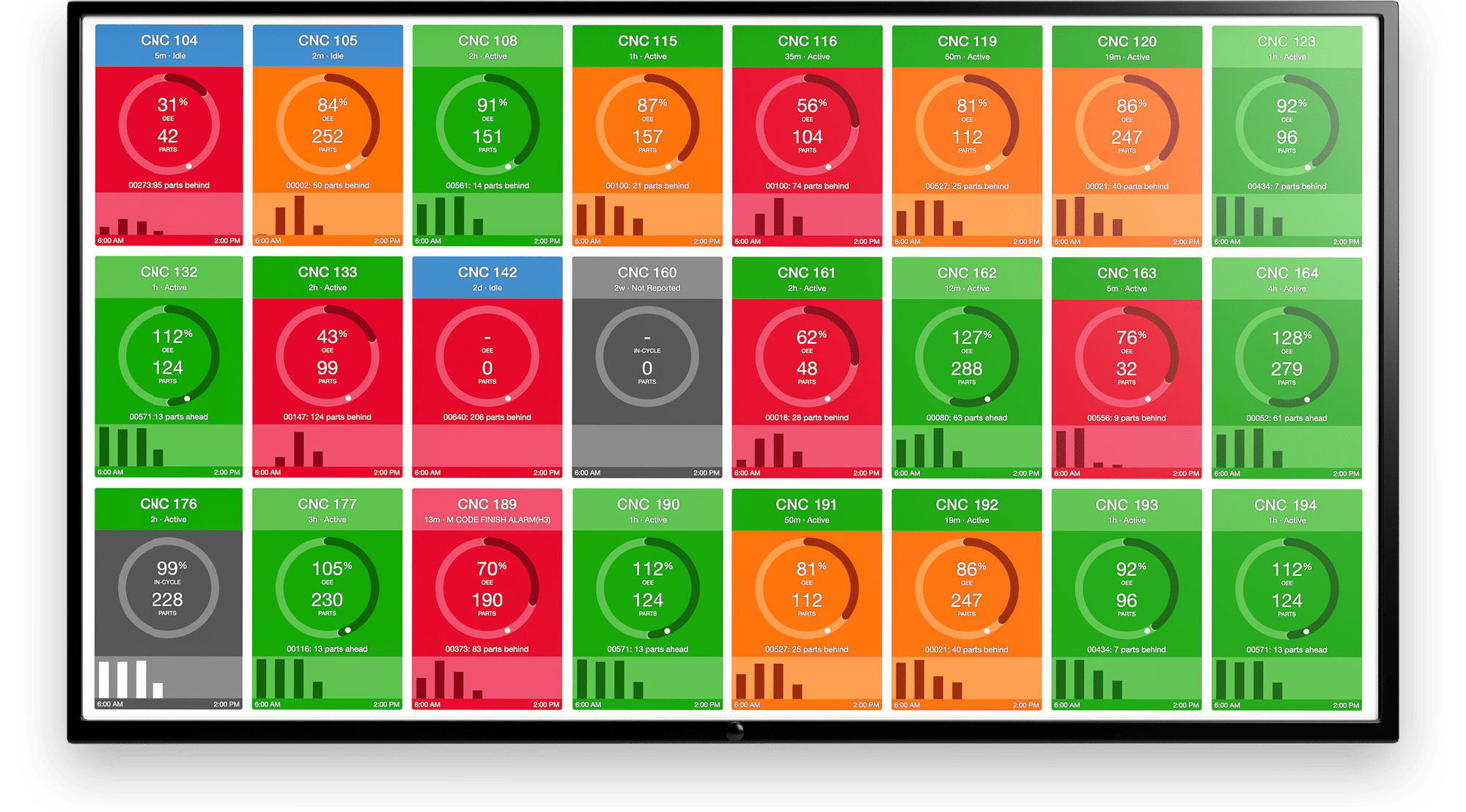
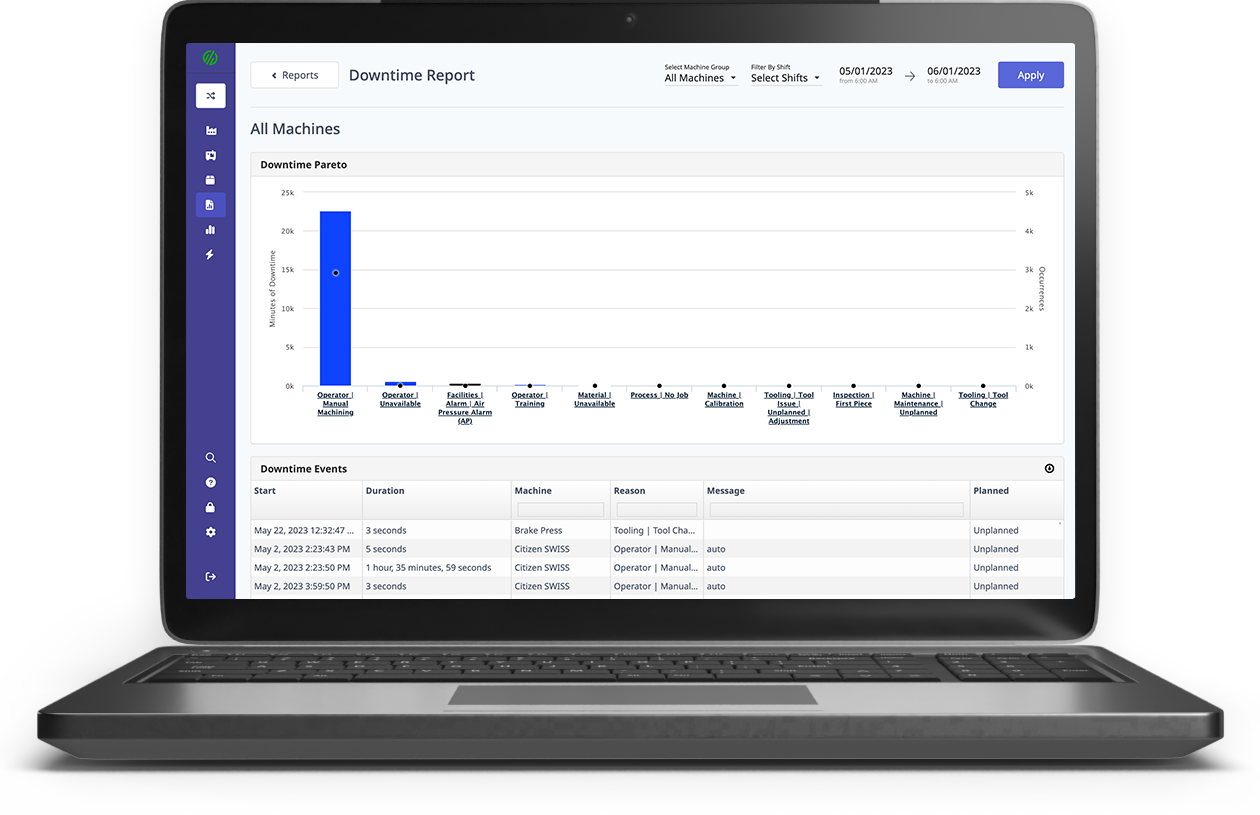
.png?width=1960&height=1300&name=01_comp_Downtime-%26-Quality_laptop%20(1).png)

.gif)
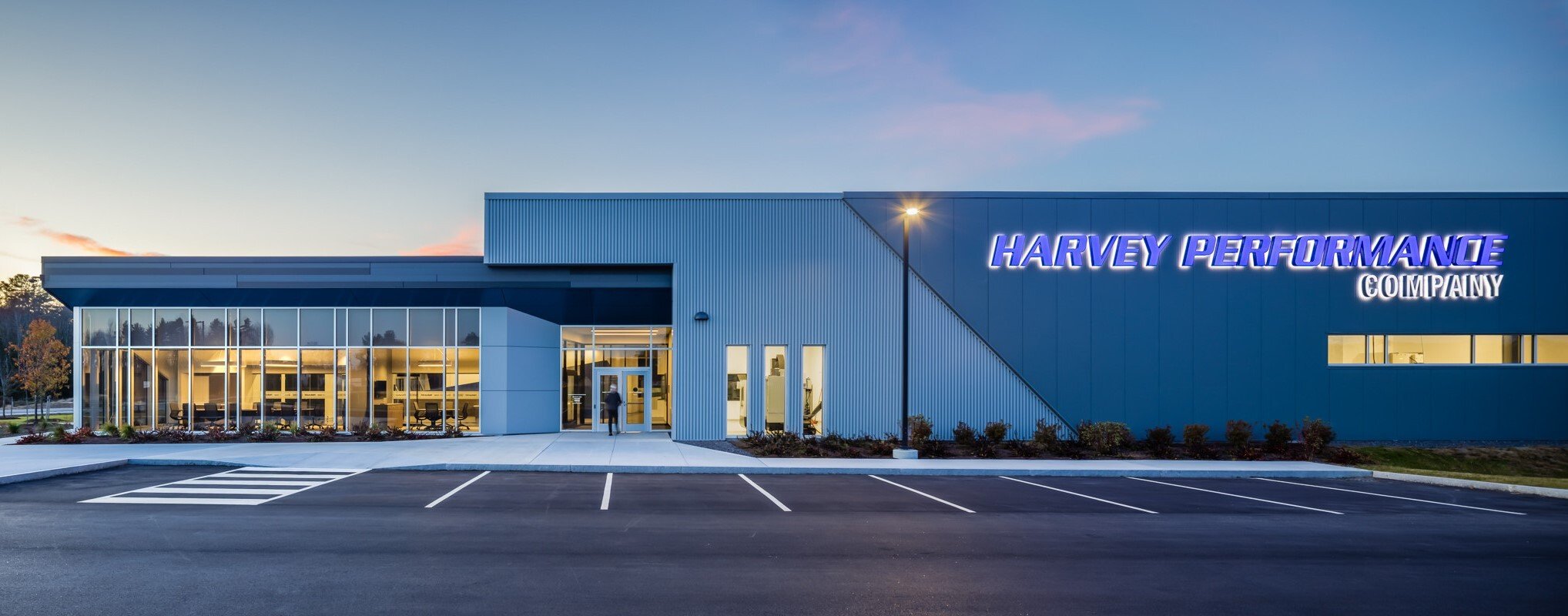
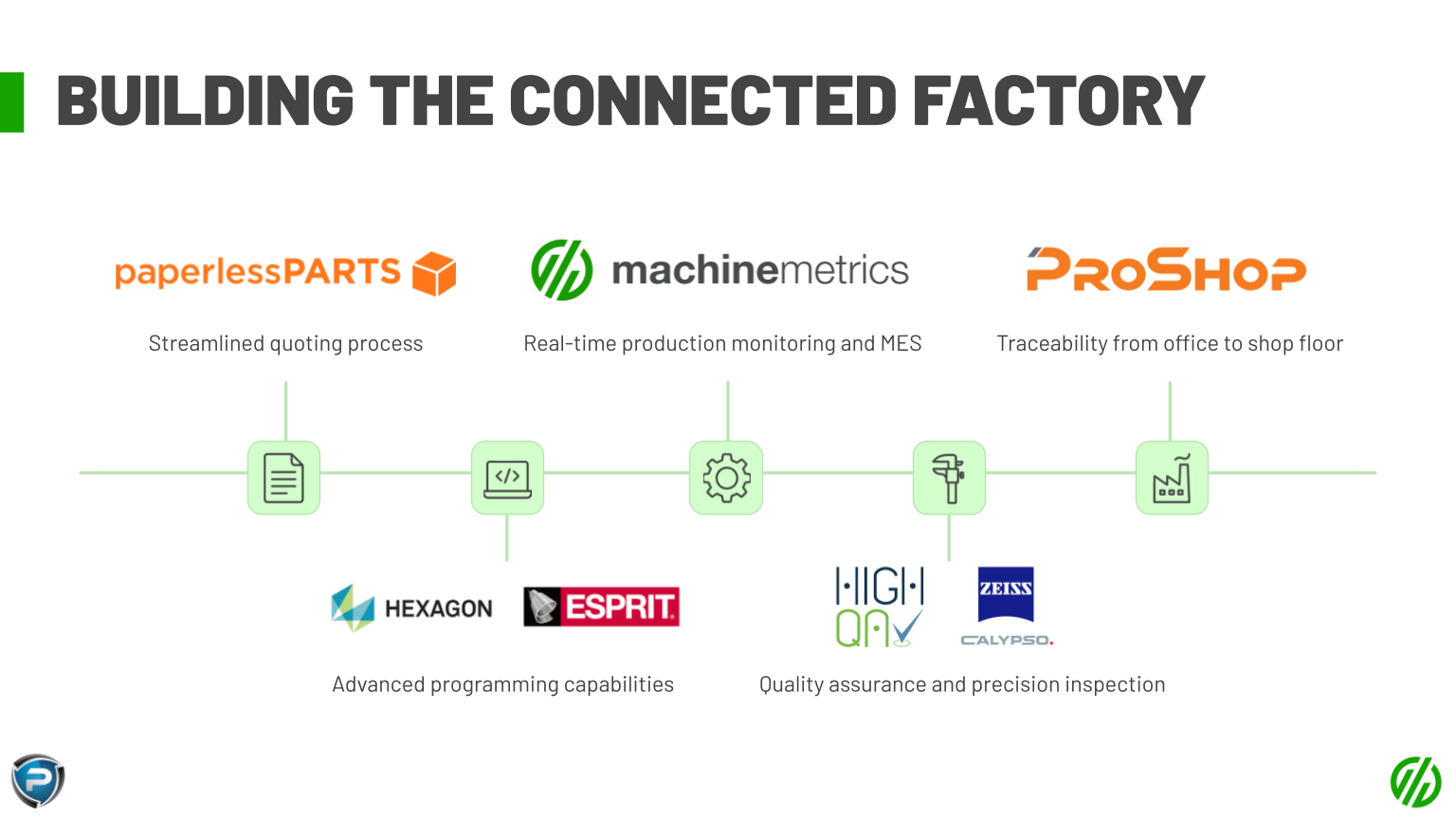
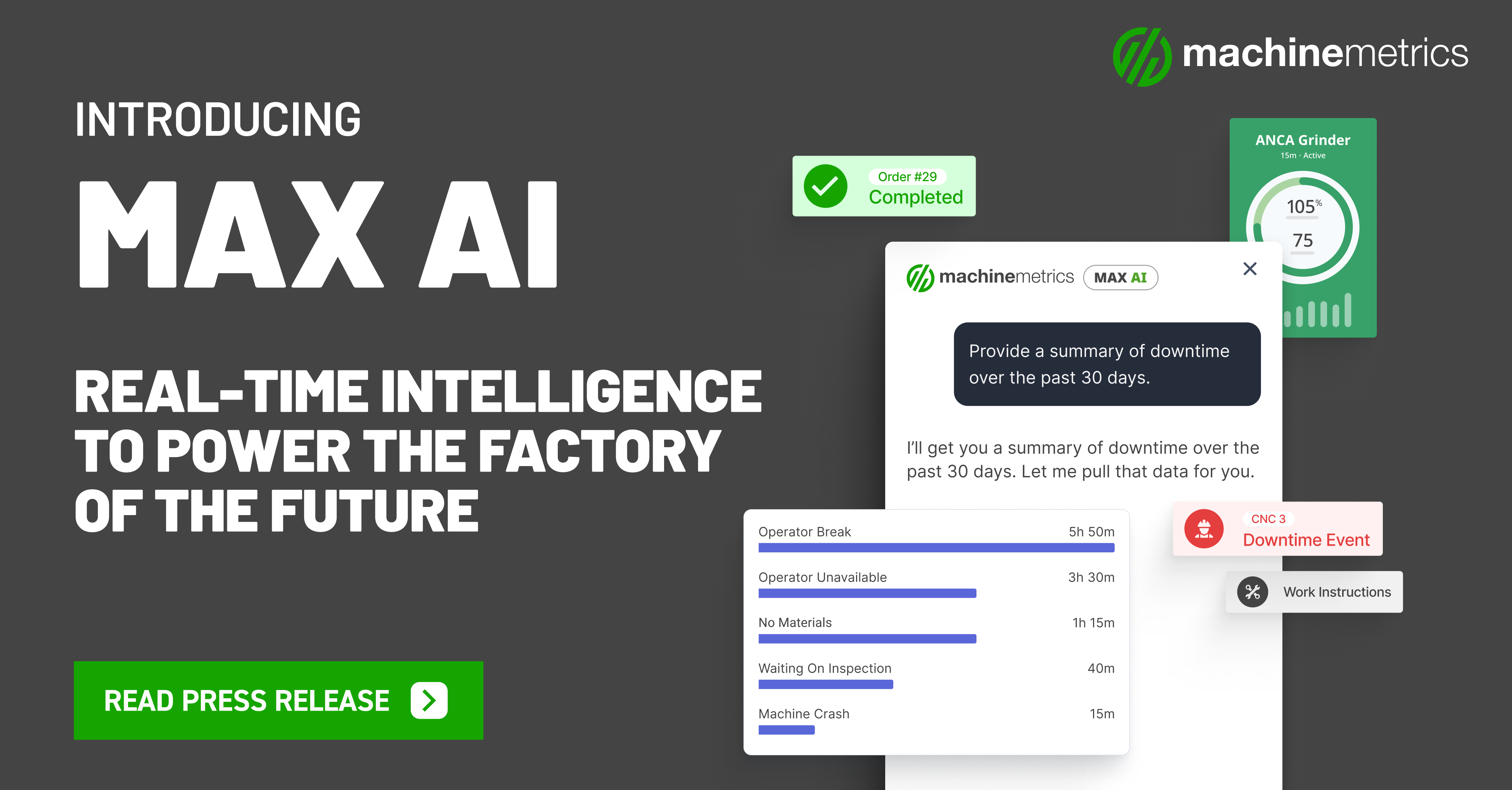
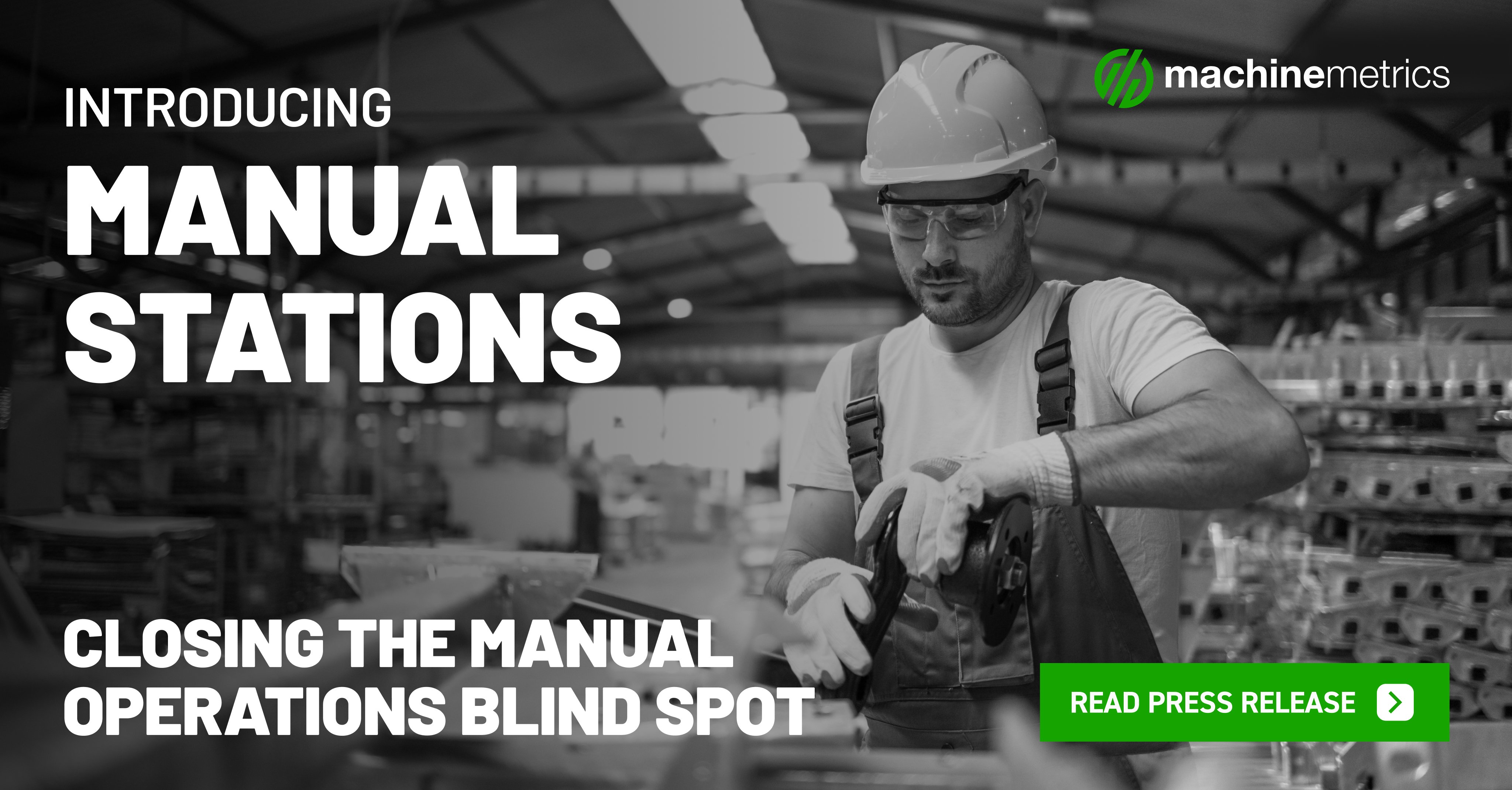
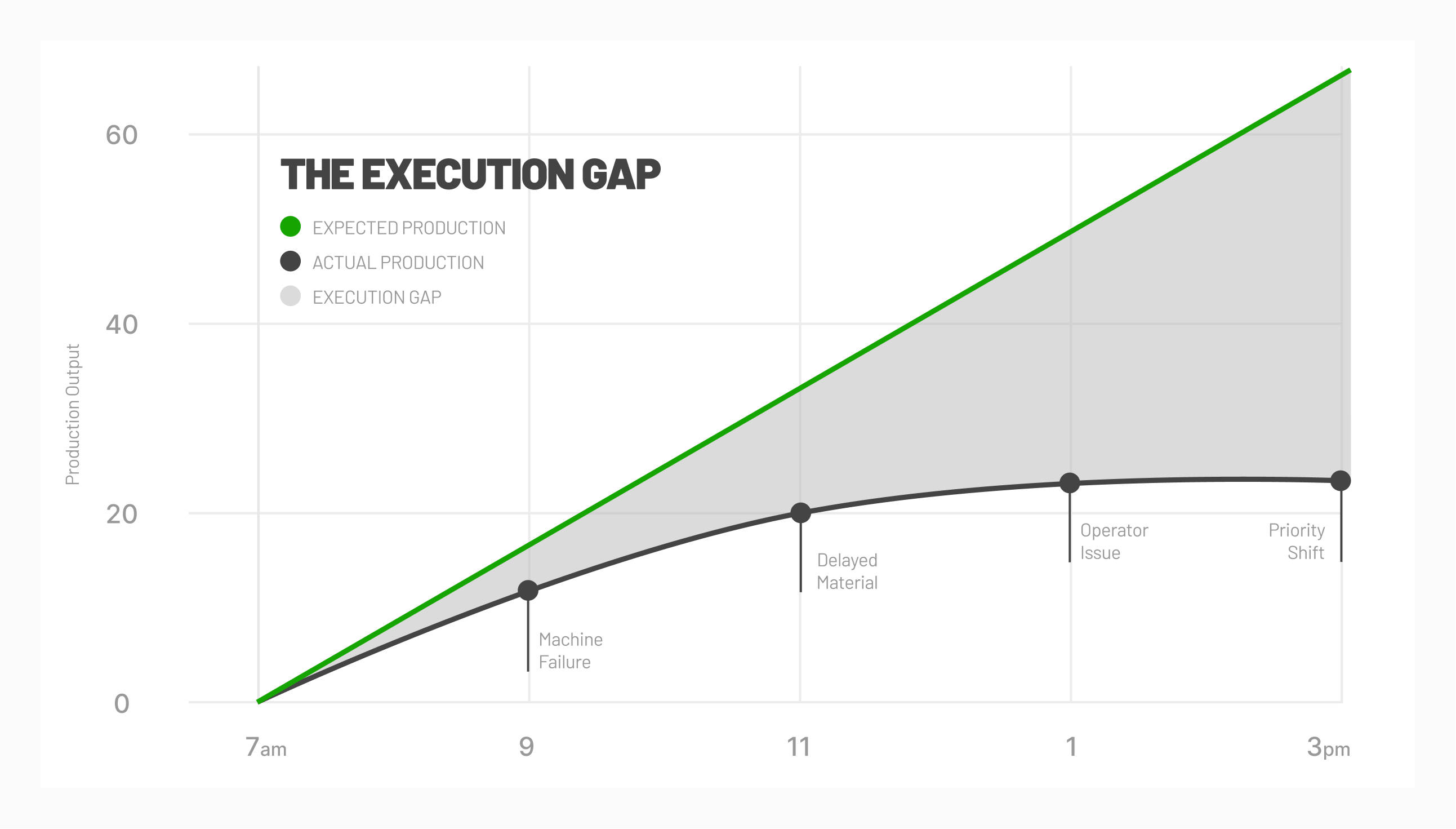

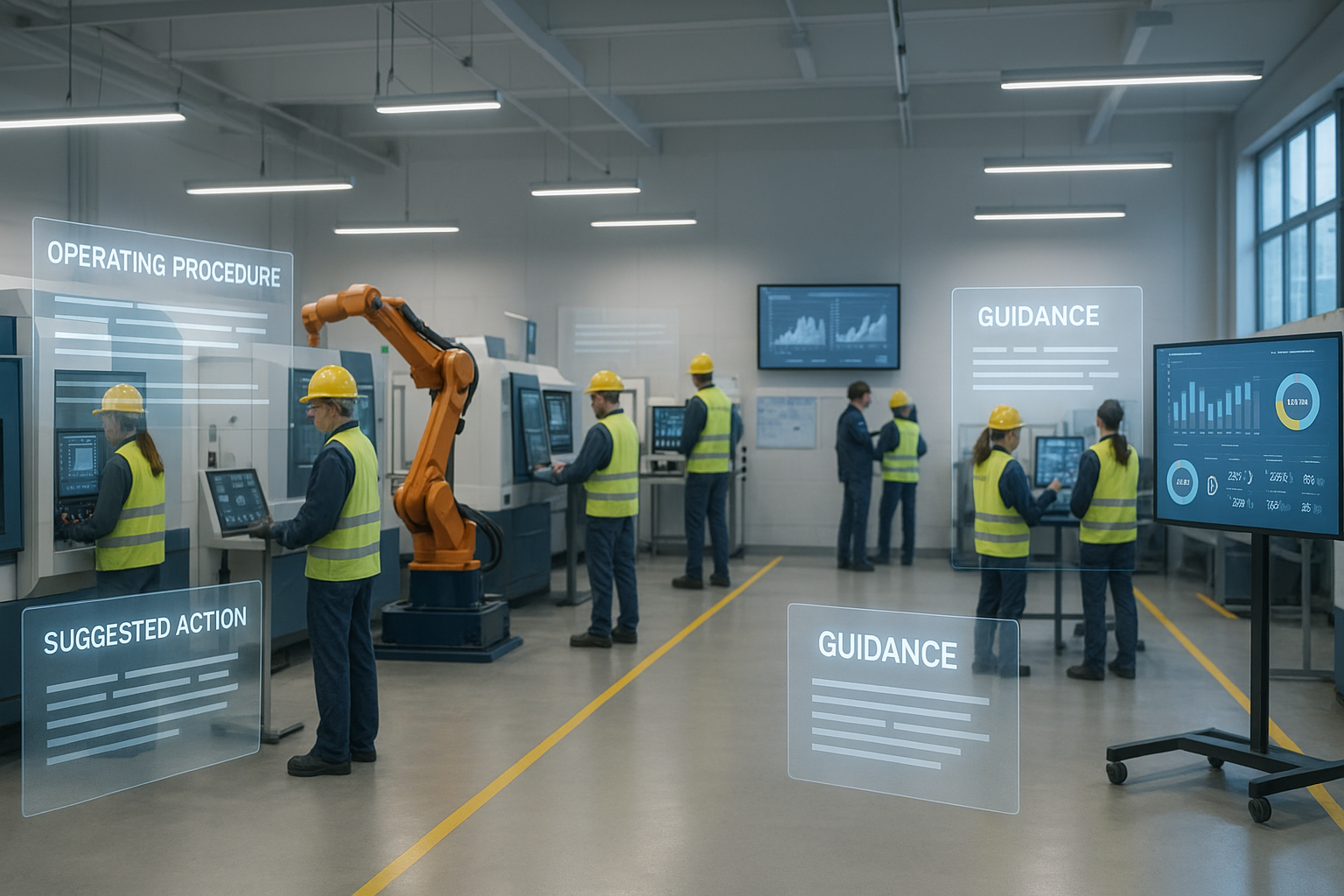

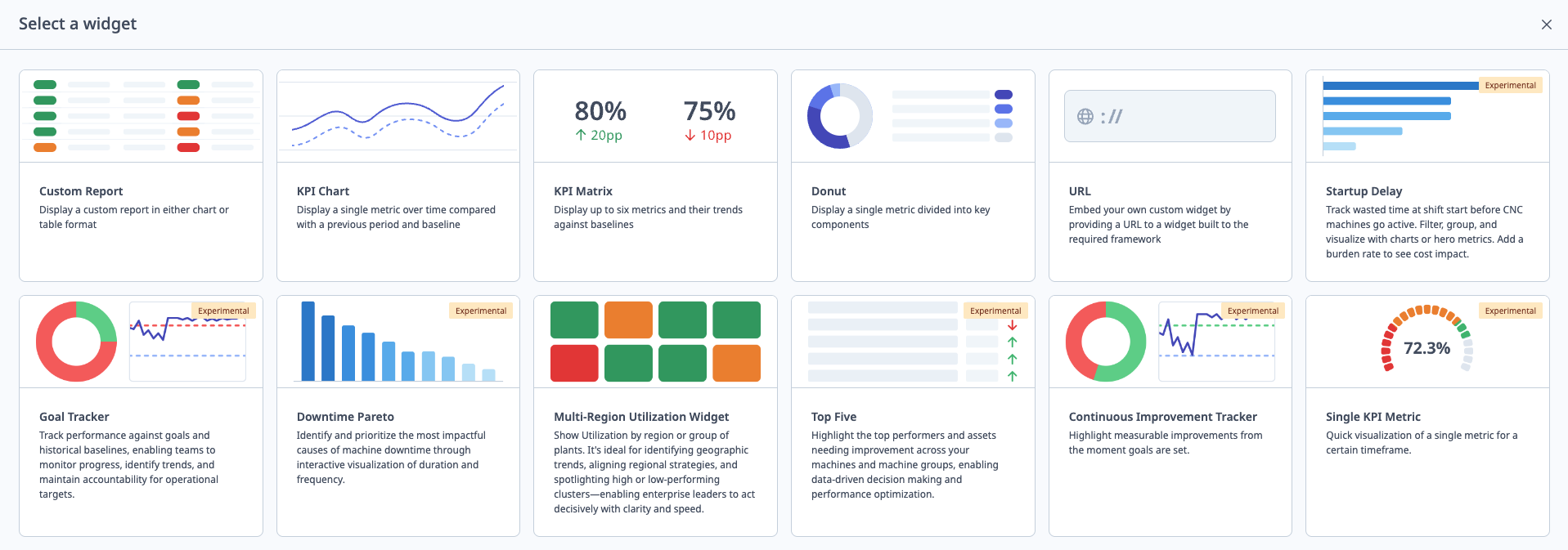
Comments